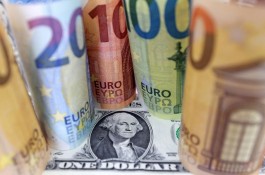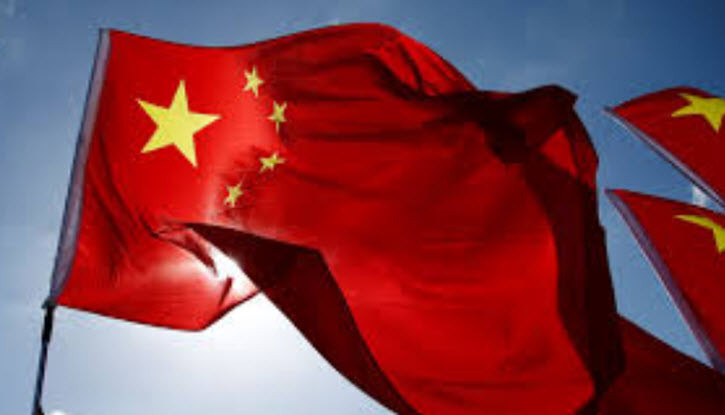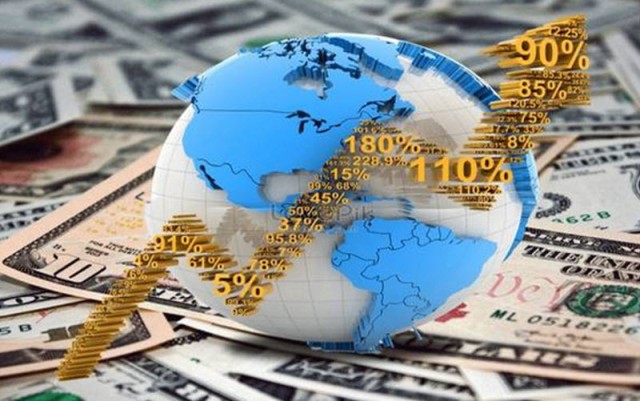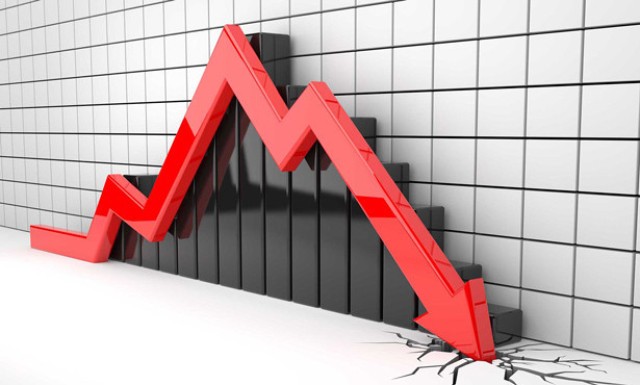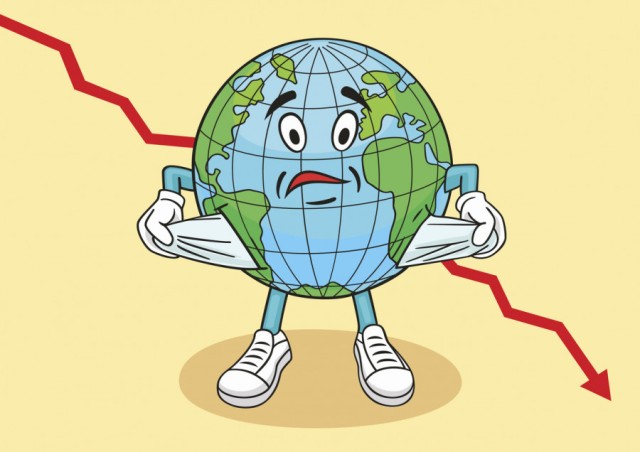concern is increasing now about a new global financial crisis originating from companies owned by the Chinese government, as the world awaits the end of the Corona crisis, which is believed to be a source Her.
According to Arabiya Net, state-owned companies defaulted on bonds worth a record 40 billion yuan ($ 6.1 billion) between January and October, according to Fitch Ratings. , Which is the same size for the previous two years combined.
and in recent weeks the problem seemed worse, as companies declared bankrupt or unable to pay their loans, among them BMWYY, the Chinese partner of Brilliance Auto Group, and Tsinghua Unigroup, the largest maker Smart phone chips, Yongcheng coal and electricity.
This led to a decline in the prices of existing bonds and a rise in interest rates (on new issues). The unrest even extended to the stock market, as shares of state-owned companies fell sharply. According to CNN.
concerns
There are two main factors of concern. The first is that investment in state-owned companies in China has suddenly become more risky, as the Chinese government has not supported them in times of current unrest.
>
and the second of these factors is that the success of the government sector is critical to the financial system in China, as such companies contribute less than a third of the gross domestic product, and they acquire On more than half of bank loans in China and nearly 90% of corporate bonds, according to data from the People's Bank of China and Chinese brokerage firm Huachuang Securities.
The credibility of government guarantees has been the most important bulwark against the [financial] crisis so far. And now we're seeing signs that this credibility is eroding, according to Gan Wright, director of Chinese market research at the Rhodium Group.
and in the event that Beijing's ability to manage debt is questioned, Wright warned that the repercussions could overwhelm the financial market, reducing available credit and liquidity. And some consequences have already occurred: Bond financing fell sharply in November, according to statistics released Wednesday by the People's Bank of China.
Julian Evans-Pritchard, chief Chinese economist at Capital Economics, wrote in a research note on Wednesday that efforts to control risky borrowing will burden the pace of non-bank credit .
NamaaZone " The Power of Knowledge"



















